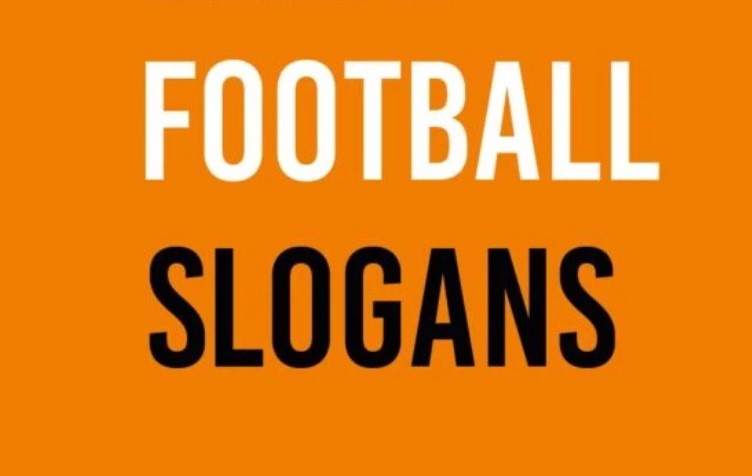
Impact of Football Slogans: Uniting Fans, Inspiring Players, and Defining Cultures
In the vibrant world of football, slogans serve as rallying cries, uniting fans, motivating players, and embodying the essence of clubs, tournaments, and even entire nations’ footballing identities. From the electrifying chants echoing in stadiums to the catchy phrases emblazoned on team banners, football slogans encapsulate the passion, pride, and spirit of the beautiful game. In this article, we delve into the art and impact of football slogans, exploring their historical significance, cultural resonance, and enduring legacy across the globe.
The Origins of Football Slogans:
Football slogans have a rich and diverse heritage, tracing back to the early days of the sport. In the late 19th and early 20th centuries, as football gained popularity across Britain and Europe, fans began crafting chants and slogans to express their support for their favorite teams. These slogans often emerged organically from the terraces, reflecting the unique identities and traditions of each club.
One of the earliest recorded instances of football slogans can be traced back to the 1920s, with clubs like Manchester United adopting chants such as “Come on, you Reds!” This simple yet powerful slogan not only rallied fans but also became synonymous with the club’s identity, enduring through generations of supporters.
The Evolution of Football Slogans:
As football evolved into a global phenomenon, so too did the art of crafting slogans. In the modern era, football clubs invest significant resources in developing compelling slogans that resonate with fans and reflect the team’s ethos and aspirations. These slogans are often accompanied by elaborate marketing campaigns, leveraging social media, merchandise, and stadium branding to amplify their impact.
For example, FC Barcelona’s iconic slogan “Més que un club” (More than a club) embodies the club’s values of unity, diversity, and social responsibility. Beyond the pitch, this slogan has become a rallying cry for Catalan identity and resistance, symbolizing the club’s role as a cultural institution.
Similarly, Liverpool FC’s famous slogan “You’ll never walk alone” holds deep emotional significance for fans, inspiring solidarity and resilience in the face of adversity. Originally adopted from the Broadway musical “Carousel,” the slogan has transcended its origins to become an anthem of hope and unity for supporters worldwide.
The Power of Football Slogans:
Football slogans possess a unique power to galvanize communities, mobilize support, and shape collective identity. Whether chanted passionately in packed stadiums or displayed proudly on banners and scarves, these slogans serve as potent symbols of belonging and allegiance.
In addition to rallying fans, football slogans also play a crucial role in motivating players and fostering team spirit. From the fiery exhortations of coaches on the sidelines to the impassioned speeches in the locker room, slogans serve as reminders of shared goals and values, driving players to give their all on the pitch.
Moreover, football slogans often transcend the realm of sports, permeating popular culture and influencing social discourse. Whether celebrating triumphs or lamenting defeats, these slogans provide a shared language through which fans can express joy, frustration, and camaraderie.
Global Impact and Cultural Significance:
Football slogans have transcended geographical and cultural boundaries, leaving an indelible mark on societies around the world. From the fervent chants of Brazilian fans in the Maracanã to the thunderous roars of English supporters at Wembley Stadium, football slogans have become ingrained in the fabric of global sporting culture.
In countries like Argentina, where football is a national obsession, slogans such as “La Celeste y Blanca” (The sky blue and white) evoke patriotic fervor and national pride, uniting fans across socio-economic divides.
Similarly, in Africa, football slogans reflect the continent’s rich tapestry of languages, cultures, and traditions. From the vibrant chants of Nigerian supporters to the rhythmic drumbeats of Senegalese fans, football serves as a powerful force for unity and solidarity amidst diverse communities.
Conclusion:
Football slogans are more than mere words; they are symbols of passion, pride, and identity. From humble beginnings on the terraces to global prominence on the world stage, these slogans have evolved into powerful expressions of community, belonging, and shared purpose.
As football continues to captivate hearts and minds around the world, the art of crafting slogans will remain an integral part of the game’s enduring legacy. Whether celebrating victory or rallying in defeat, football slogans will continue to unite fans, inspire players, and define the spirit of the beautiful game for generations to come.




